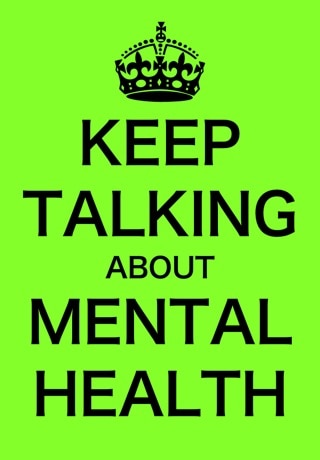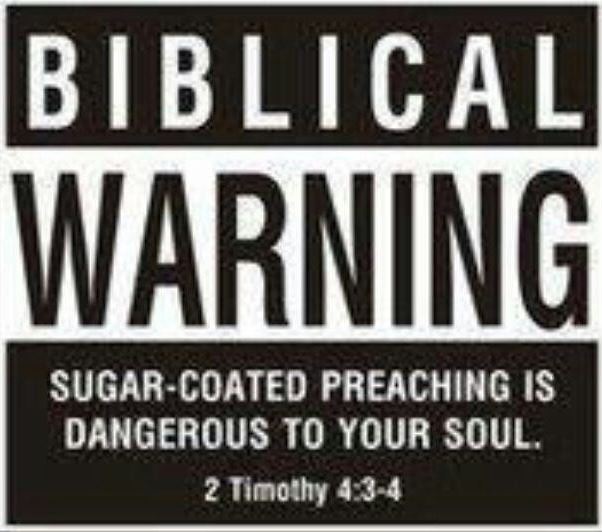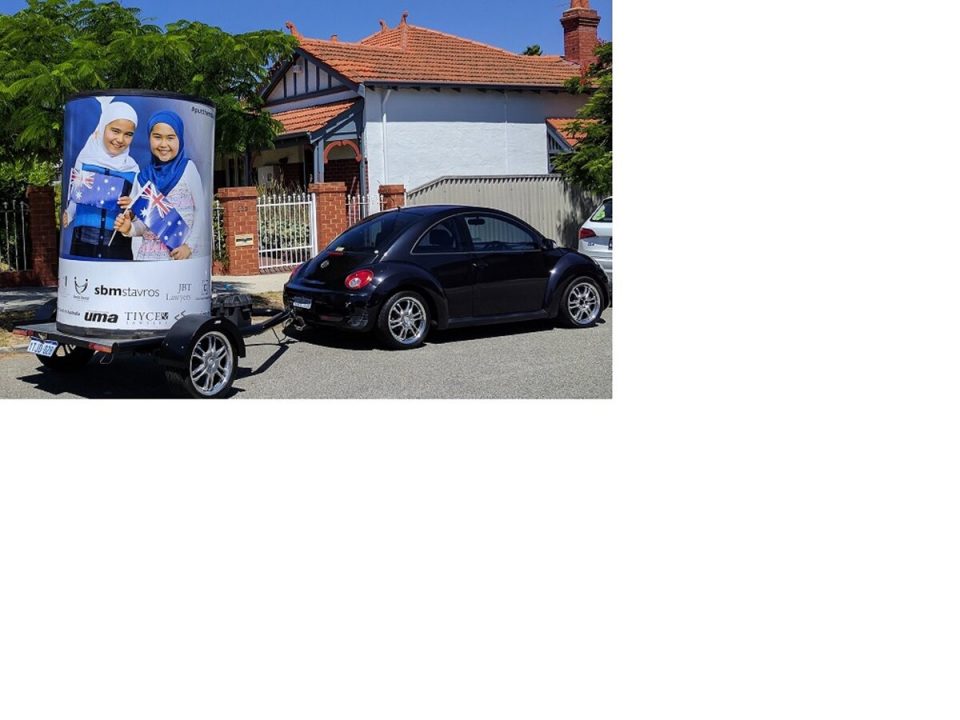Finding Belonging
August 29, 2014
Mental Health Week, the Royal Show and Indignity
October 1, 2014Human trafficking is the recruitment, transportation, transfer, harboring or receipt of persons, by means of the threat or use of force or other forms of coercion, of abduction, of fraud, of deception, of the abuse of power or of a position of vulnerability or of the giving or receiving of payments or benefits to achieve the consent of a person having control over another person, for the purpose of exploitation. It is a current form of slavery.
Men, women, and children are sold into a $150 billion annual market for sex and labour. This is happening globally, and domestically; in urban and suburban areas; in hotels, restaurants, and on street corners. Slavery is wrapped up in almost every industry’s supply chain, tainting the food we eat, the clothes we buy, and the electronics we love. After the international drug trade, trafficking of humans is tied with arms dealing as the second- largest criminal industry in the world.
Despite the fact that human trafficking is condemned as a violation of human rights by international conventions, it is estimated that throughout the world 27 million people are trafficked. Women and children represent around 80% of those affected by this complex web of bondage that robs them of their youth, their dignity and their freedom and reduces them to objects for use and abuse.
Human trafficking is a crime fuelled by global poverty, inadequate education and opportunity, ethnic discrimination and gender inequity, and by the demand for cheap labour and cheap sex. It is a crime that transcends cultures, class and geography. Trafficking is linked to prostitution, drug use, homelessness and marginalisation. Nearly every country in the world is affected by this crime, whether as an origin, transit or destination country for people trafficked by profit-seeking criminals.
There have been media reports of suffering, trafficked people, who are vulnerable to life-threatening risks and exploitation; thousands of people have suffocated in containers, perished in deserts, dehydrated or drowned at sea. Their suffering is degrading and shameful. Generating huge profits for the criminals involved, migrant smuggling fuels corruption and empowers organized crime. The International Labour Organization (ILO) estimates that the illegal profits made from the use of forced labour in the private economy worldwide amount to $150.2 billion per year, exceeding both the population and GDP of many countries around the world.
In June 2014, the US State Department released its annual Trafficking in Persons report. This is a valuable tool that evaluates the current state of human trafficking in 188 countries and is widely viewed to be the most comprehensive assessment available. Countries are graded on a four-tier system—tier two is broken up into two categories—that measures their compliance with the Trafficking Victims Protection Act.
Countries with a tier-three status risk economic sanctions and restrictions on non-humanitarian aid, making the report a persuasive campaigning platform for anti-slavery groups. The four key messages from this report are:
- The prominence of trafficking leading up to global sporting events was recognized. After tens of thousands of migrant workers involved in the construction of the Winter Olympic Park in Sochi were exposed to dangerous and unfair working conditions, Russia was downgraded to a tier-three status.
- Afghanistan and Sudan were both recognized for improving their efforts at fighting trafficking. Among other changes, Sudan has enacted an anti-trafficking law while Afghanistan has stopped prosecuting victims of trafficking.
- The report downgraded Thailand, Venezuela, Malaysia and The Gambia to Tier 3, citing their failure to improve compliance despite revelations of rampant human rights abuses and widespread negative media attention.
- There is considerable work to be done in the identification and prosecution of traffickers. Even as estimated 30 million people are affected by trafficking worldwide, only 9,460 prosecutions were reported in 2013.
The full report can be downloaded from: http://www.state.gov/j/tip/rls/tiprpt/2014/index.htm
For further information on human trafficking and what you can do please see:
http://notforsalecampaign.org/




